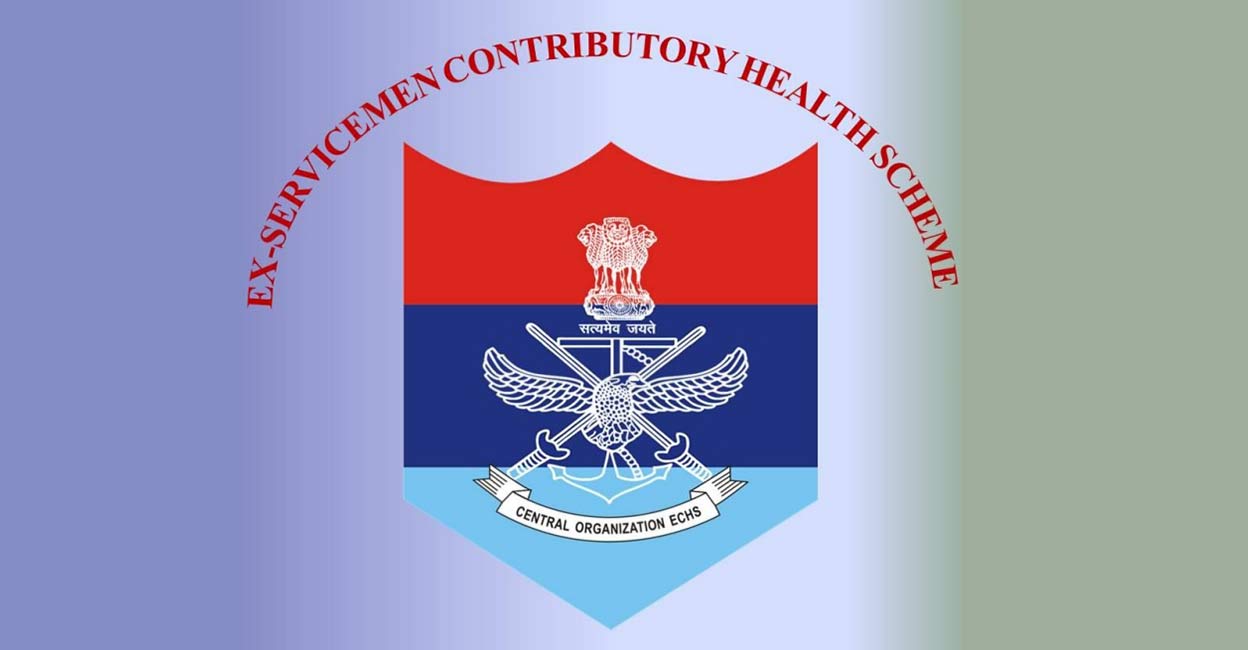- India
- Jul 01
Explainer / Ex-Servicemen Contributory Health Scheme (ECHS)
• Defence Minister Rajnath Singh approved enhancement of monetary ceiling for purchase of drugs and consumables under Ex-Servicemen Contributory Health Scheme (ECHS).
• The monetary ceiling has been enhanced for purchase of not available (NA), emergent, lifesaving and essential drugs by 100 per cent in all categories of polyclinics from authorised local chemists.
• This will ensure availability of medicines for ECHS beneficiaries.
• There have been various representations from the veterans regarding supply of medicines.
• The government has already undertaken a series of modifications to procedures of procurement of medicines for ECHS beneficiaries.
• Earlier in March this year, the government sanctioned reimbursement of cost of medicines and consumables, purchased from open market, not available at ECHS polyclinic/authorised local chemist.
What is the ECHS?
• The Ex-servicemen Contributory Health Scheme (ECHS) is a flagship scheme of the defence ministry’s department of ex-servicemen welfare.
• It was launched with effect from April 1, 2003.
• The scheme aims to provide allopathic and AYUSH medicare to ex-servicemen (ESM) pensioner and their dependents through a network of ECHS polyclinics, service medical facilities and civil empanelled / government hospitals / specified AYUSH hospitals spread across the country.
• The policy framework for the scheme is laid down by the government, and executive control is exercised by the department of ex-servicemen welfare.
• The scheme is managed through the existing infrastructure of the armed forces so as to minimise administrative expenditure.
• It has been structured on the lines of Central Government Health Scheme (CGHS) to ensure cashless transactions, as far as possible, for the patients and is financed by the government.
• ECHS has a three-tiered structure, with central body (Central Organisation) at its apex, regional bodies (regional centres) at the middle level and polyclinics at the functional level.
• The Central Organisation in New Delhi is headed by a managing director, a serving Major General. There are 30 regional centres sanctioned by the government.
• The beneficiaries can avail cashless medical treatment under ECHS facilities through a network of more than 427 ECHS polyclinics (including six in Nepal), over 2,500 empanelled private hospitals and all government hospitals across the country.
• ECHS polyclinics are designed to provide ‘Outpatient Care’ which includes consultation, essential investigation and provision of medicines.
Manorama Yearbook app is now available on Google Play Store and iOS App Store

